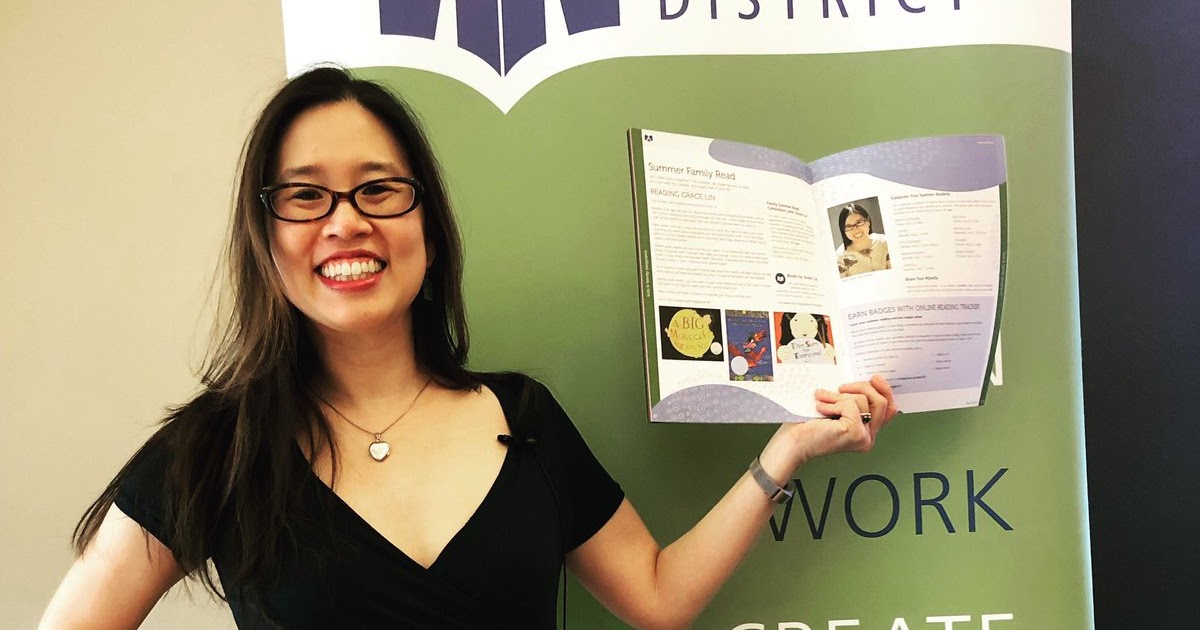

That Tiger Mom book that was in the news recently brought back a lot of bad memories, because I remember when my parents finally said, "All right, I guess you can go to art school," I didn't even feel triumphant about it. TEACHINGBOOKS: How did your parents react to your success? After I graduated I strived to make becoming an author and illustrator work and make that dream happen. I was really stubborn, and I think it served me well in some ways. I think in some ways, their opposition just made me more determined to succeed. They couldn't imagine how going to art school would create a very stable base. I don't blame them-they were immigrant parents who worked so hard to get where they were. When my parents learned that I wanted to go to art school, they tried their very best to persuade me against it. Did you think you were going to head that direction, or did you always think you would pursue art? TEACHINGBOOKS: Your father was a doctor, and your mother was a scientist. That's why I went to the Rhode Island School of Design to study children's book illustration-it had such a great reputation based on the children's book illustrators who graduated from there. I kept thinking about it and wanting that, and even when I graduated from high school, that's what I wanted to do. That's what I wanted to do, and that dream just never died.

I was so excited and happy that I decided then and there I wanted to make books for a living. In sixth grade, I wrote and illustrated my own book and entered it into a national contest.

There's a scene in my book The Year of the Dog where the main character writes and illustrates her own book and enters it into a national book contest. I always made books as projects, because I loved them so much. When there was a science project on clouds, some people would make a diagram or dress up like a cloud, but I always made a book. Whenever there was a classroom project, I made a book. TEACHINGBOOKS: Did you write stories as a child?

I really loved the art of children's books. I used to trace their pictures over and over again and redraw them and retrace them. I loved Trina Schart Hyman's illustrations, and before that, Richard Scarry. TEACHINGBOOKS: Did you draw often as a child? Then, things started slowly to change, and now I almost think of myself as an author who illustrates. When I first started, I really thought of myself as an illustrator that happened to write. Do you view yourself as a writer or an illustrator? How do you describe what you do? TEACHINGBOOKS: You have won a Newbery Honor and a Geisel Honor. Grace Lin, interviewed in Boston, Massachusetts on May 23, 2011.


 0 kommentar(er)
0 kommentar(er)
